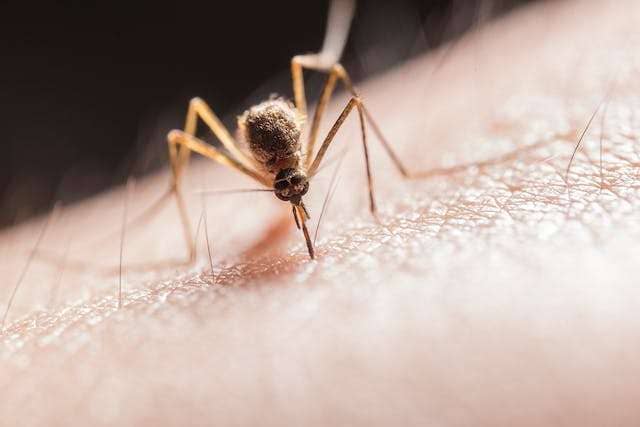Introduction
Ludhiana, grappling with a surge in dengue cases, is facing a public health crisis that demands urgent attention. The district recently reported 18 new cases, marking a significant increase in vector-borne diseases. This article delves into the latest developments, providing insights into the alarming rise and its implications.
Alarming Statistics: 18 New Dengue Cases
The recent spike in dengue cases has placed Ludhiana on high alert, with 18 new cases reported on November 17 alone. Analyzing the data reveals that 14 cases originated from urban areas, while four emerged from rural settings. This sudden surge has pushed the total count to 1,093, surpassing the entire count for the 2022 dengue season.
Suspected Dengue-Related Deaths
Tragically, the surge in dengue cases has not only led to an increase in infections but also in suspected dengue-related deaths. The toll has reached 18 as of November 17, underscoring the severity of the situation. A stark comparison with previous years sheds light on the escalating gravity of the issue.
Comparative Analysis of Dengue Cases Over the Years
Examining historical data, the district witnessed 1,509 cases in 2019, with no reported deaths. In 2020, 1,355 cases were recorded, resulting in two deaths. The numbers rose to 1,829 cases in 2021, claiming 19 lives. The following year, 2022, reported 1,077 cases and six deaths. The current surge surpasses these figures, necessitating a comprehensive response.
Additional Vector-Borne Diseases
In addition to dengue, Ludhiana has reported 19 cases of malaria and one case of chikungunya, further straining the healthcare system. This multifaceted challenge requires a coordinated effort to address the various vectors responsible for these diseases.
Insights from Epidemiologist Dr Ramesh
Epidemiologist Dr Ramesh sheds light on the situation, emphasizing the meticulous monitoring of the dengue outbreak in Ludhiana. He attributes the higher number of reported cases to enhanced reporting mechanisms in hospitals. Despite awareness drives and free medical assistance, Dr Ramesh stresses the importance of public cooperation in implementing preventive measures.
Public Cooperation and Preventive Measures
To curb the spread of dengue, public cooperation is paramount. Dr Ramesh advocates for preventive measures such as eliminating standing water, wearing full sleeves, and using mosquito repellent cream. These simple yet effective steps can significantly contribute to controlling the outbreak.
Impact on Healthcare Facilities
The surge in cases has placed a considerable burden on healthcare facilities across Ludhiana. DMC Hospital, a prominent institution, has reported 75 cases, while other hospitals, including Deep Hospital, GTB Hospital, Global Hospital, SPS Hospital, CMC Hospital, and Vijayanand Hospital, are also grappling with the influx of patients.
The Role of Temperature in Dengue Spread
Dr Ramesh highlights a critical factor in the dengue outbreak—the breeding temperature range of the responsible mosquito, which is 20-35 °C. Until the temperature drops, sustained vigilance and adherence to preventive measures remain imperative.
Continued Vigilance and Preventive Measures
As the community confronts the dengue surge, continued vigilance is crucial. Residents must stay informed about preventive measures, maintaining a proactive approach to reduce the risk of infection.
Community Awareness Initiatives
The health department has undertaken extensive community awareness initiatives to educate residents about the importance of preventive measures. These efforts aim to foster a sense of collective responsibility in mitigating the outbreak.
Cooperation and Collective Responsibility
In the face of this health crisis, cooperation and collective responsibility are paramount. Combating the surge in dengue cases requires a united front, with individuals, communities, and healthcare providers working together.
Conclusion
Ludhiana finds itself at the crossroads of a challenging dengue outbreak. The alarming statistics and the rise in suspected dengue-related deaths underscore the urgency of the situation. It is a collective responsibility to implement preventive measures, support healthcare facilities, and raise community awareness to curb the spread of the disease.




